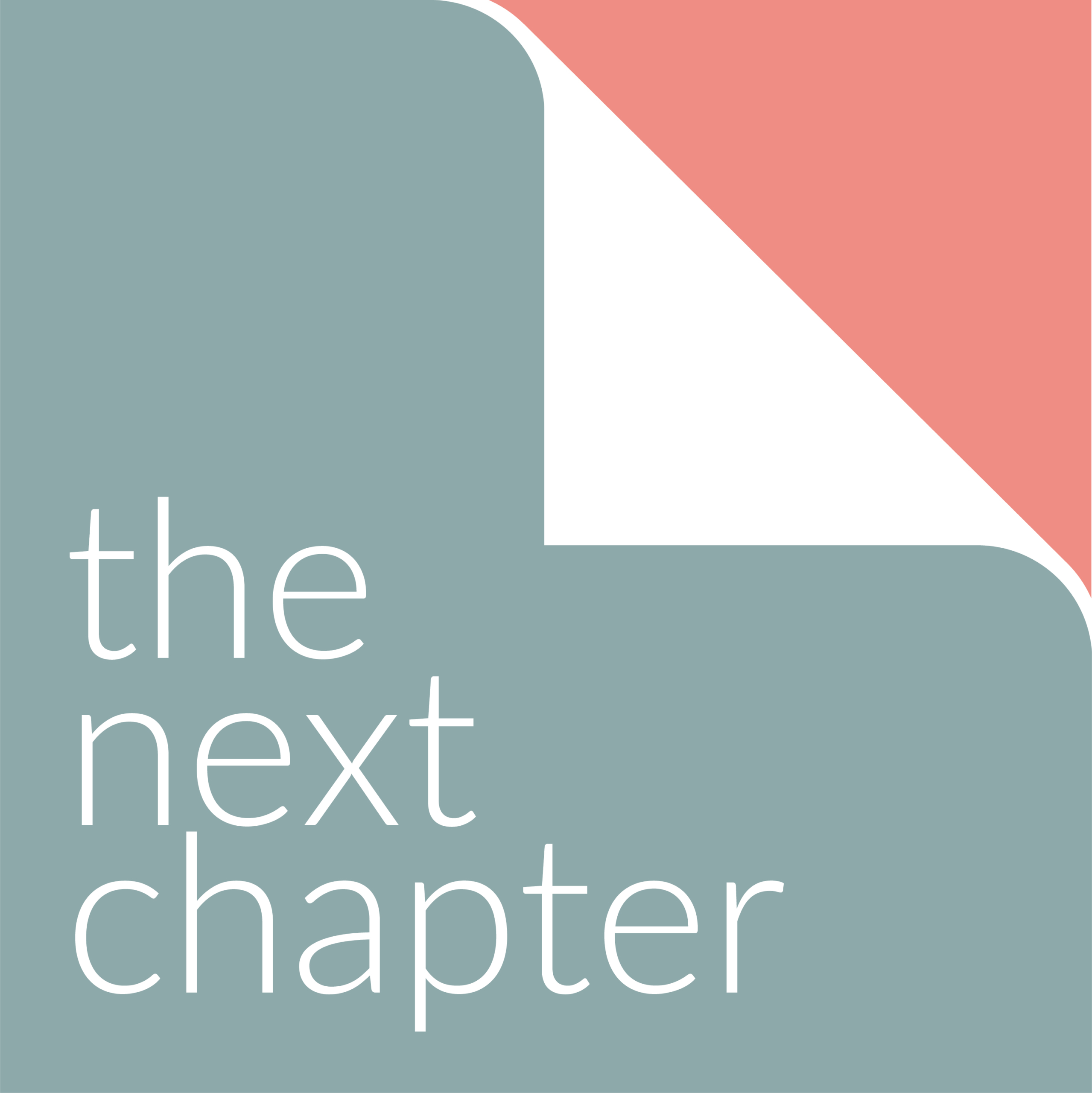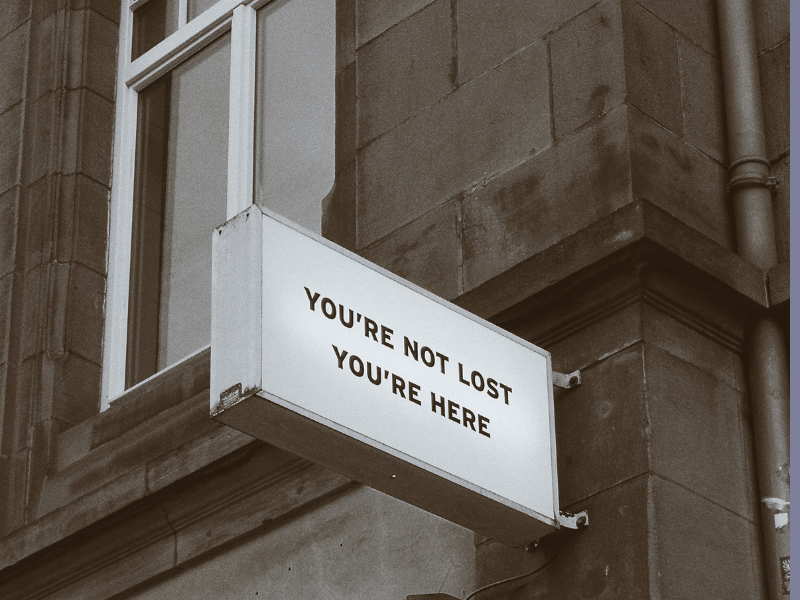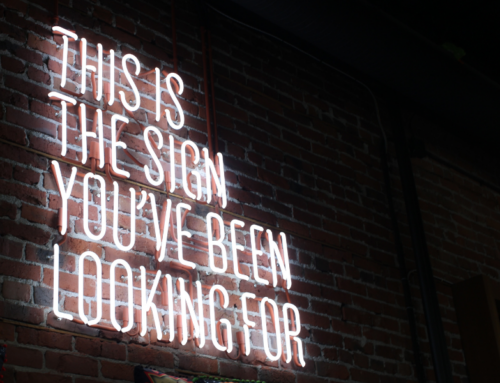Have you been thinking that you could do with some help, but you don’t know how to find a therapist? If you’re in a position to afford a standard fee*, here’s my guide to getting started…
Step 1: find a type of therapy that appeals to you
It’s worth taking a moment to learn about the different types of therapy on offer. That’s because it’s probably more important to find a type of therapy that appeals to you than to find a specialist in a specific issue. The best type of therapy is the one that makes sense to you, for now.
Here is a rough guide to it all – so rough it will probably offend therapists of every type! But I’ve included links to the Counselling Directory guide, which is much more in-depth, so if you’ve got the energy, the detail is there.
You don’t have to pin it down to one – I think of them in three broad groups: those who lean more towards open-ended enquiry, those who lean more towards solutions and action, and those who use non-verbal, body-based, traditional and complementary therapies. So…
are you wanting more time for reflection and introspection?
All the counsellors here at The Next Chapter would fit into this group, though they have a few different approaches and training backgrounds. Please get in touch and we can let you know about availability and waiting times if this sounds like what you’re looking for.
If one or more of these is true for you:
-
- wanting to explore questions about who you are and how your experiences have impacted you
- dealing with long term (maybe even lifelong) struggles with relationships
- feeling you need to take your time and go slowly – maybe there are things that are too difficult to bring up straightaway, or things that go back so far in your life it will take a while to unpack it all
- have already tried changing your mindset and habits and still feel crap
- don’t want to jump into ‘action’ or make changes yet (or at all), or
- don’t like being told what to do…
…you might prefer Psycholanalytical and psychodynamic therapies or Person-centred therapy, or some of the other Humanistic therapies.
What if this sounds about right for you, but you also want some something concrete you can start applying to your life straightaway? Then Transactional Analysis or Internal Family Systems Therapy might be ideal.
are you wanting to focus more on actions and outcomes?
There isn’t a solid line dividing these approaches from the ones above, and every good therapist will listen really well and help you determine your own way forward. Many therapists are trained in a mix of approaches. However, they will tend to lean more towards one than another, which changes the experience.
If one or more of these is true for you:
-
- needing to feel better quickly
- wanting your therapist to give you things you can do straightaway to reach your goals or make changes in your life
- wanting to focus more on the present and the future than the past, or
- can’t get into a long therapy process right now, for financial or practical reasons…
You might find Cognitive and Behavioural Therapies (eg. CBT, ACT) or some of the Humanistic therapies (eg. Human Givens or Solution-focused Therapy) appeal to you.
do you find it hard to talk?
Don’t worry – there are good options that involve less talking, and use other kinds of communication. This is one of the reasons we also offer bodywork therapies at The Next Chapter.
If you:
-
- tend to shut down
- find it difficult to connect with or express your feelings through words
- have language or communication difficulties
- have had traumatic experiences you can’t bear to talk about, or
- find the idea of talking therapy claustrophobic and too intense…
It’s okay! You can still get help. You might click with expressive arts therapies, ecotherapy, somatic therapy or bodywork therapies such as reflexology. There are ways to treat trauma and PTSD without you having to say much about what happened, eg. EMDR, and the Human Givens rewind technique.
Outwith the therapy world, you could also look into martial arts, yoga, or other traditional healing and personal development practices. Do take care to find someone who is well-grounded in the original tradition. Books could also be a good place to turn. Reading relevant books is a great option if you aren’t ready to talk or can’t find the words. You can get advice and reassurance from books, and feel connected with the writer who is talking to you through the page. You can use our bookshop and Reading for Wellbeing service to get tailored book suggestions.
Step 2: carry out a search & make a shortlist
Try to pick out a few different people or organisations you’d be willing to work with. Don’t overthink this – if you get a good feeling from their profile, the location works for you and you’d be able to stretch to the fee, put them on your shortlist.
I recommend using:
- Edinburgh Counselling Agencies List – for finding organisations that offer counselling (the counsellors may be employees or, like ours, self-employed – you’ll see us on there amongst other organisations)
- Counselling Directory – for finding individual counsellors
Of course, you can also find therapists using an internet search with keywords, but the number of results can be a bit overwhelming unless you’re looking for something quite specific.
Make it manageable by thinking realistically about where you can get to, every session, in all weathers, no matter how tired or busy you are. Online appointments can be an accessible option – though you’ll need a comfortable, safe, private spot with good internet for your calls. If appointments are in-person, it’s good if it’s nearby and the travel is easy and reliable. But, you may not want to go past the place everyday, or live down the street from your therapist, so you might cast the net a wee bit wider than that.
Step 3: pick one to contact and send them a short message
what to say
It’s good to say why you’d like to work with them, and when you would be free for appointments, so they can reply with an answer about whether they have a space that could suit you. You can also ask anything you would want to know before you book in with someone. You don’t need to go into detail about why you’re looking for therapy. Look after yourself by keeping that initial message brief and not painful to repeat, as you might not always get booked in with the first person you contact.
don’t give up if your first choice is fully booked
try one at a time
I suggest you approach one therapist or organisation at a time, with the intention of working with them. It’s totally fine to decide after an initial meeting that it’s not a good fit, but I recommend approaching that first meeting as if it could be. It’s easy to get overwhelmed or stuck ‘browsing’ – unable to really get into it because you’re still looking for the perfect therapist. There is no such thing as the perfect therapist – there are lots of good therapists who can offer something useful to you.
So, if you shortlisted someone and they have a space – go for it! You are still free to decide, at any point, to end your sessions. It’s your therapy and it’s always your choice. I’ll do a future article on how to know whether you’re with the right therapist.
I hope that helps you get started. Please contact us with any questions or if you want to find out about spaces here at The Next Chapter.
*If you can’t afford a standard rate fee, most of this still applies – it just may take more searching and likely a wait on a waiting list to get a reduced-fee space. We find our reduced-fee places are in high demand, and we have to close the waiting list when it gets full (as it is at the time of writing – keep an eye on our news page, our social media or newsletter for updates).
~ by Kate MacDougall, centre co-ordinator and bibliotherapist
image credit: Photo by Eileen Pan on Unsplash
All book links take you to our pages on Bookshop – the platform for independent bookshops.
Our bookshop is not-for-profit, and we use Bookshop as our online shop. When you buy books from these links, you support our work to provide low-cost counselling and other wellbeing services, so your book contributes to your wellbeing (we hope) and to others’ too.
Please email info@thenextchapter.org if you have any questions about the books or would like to get some personalised recommendations.







